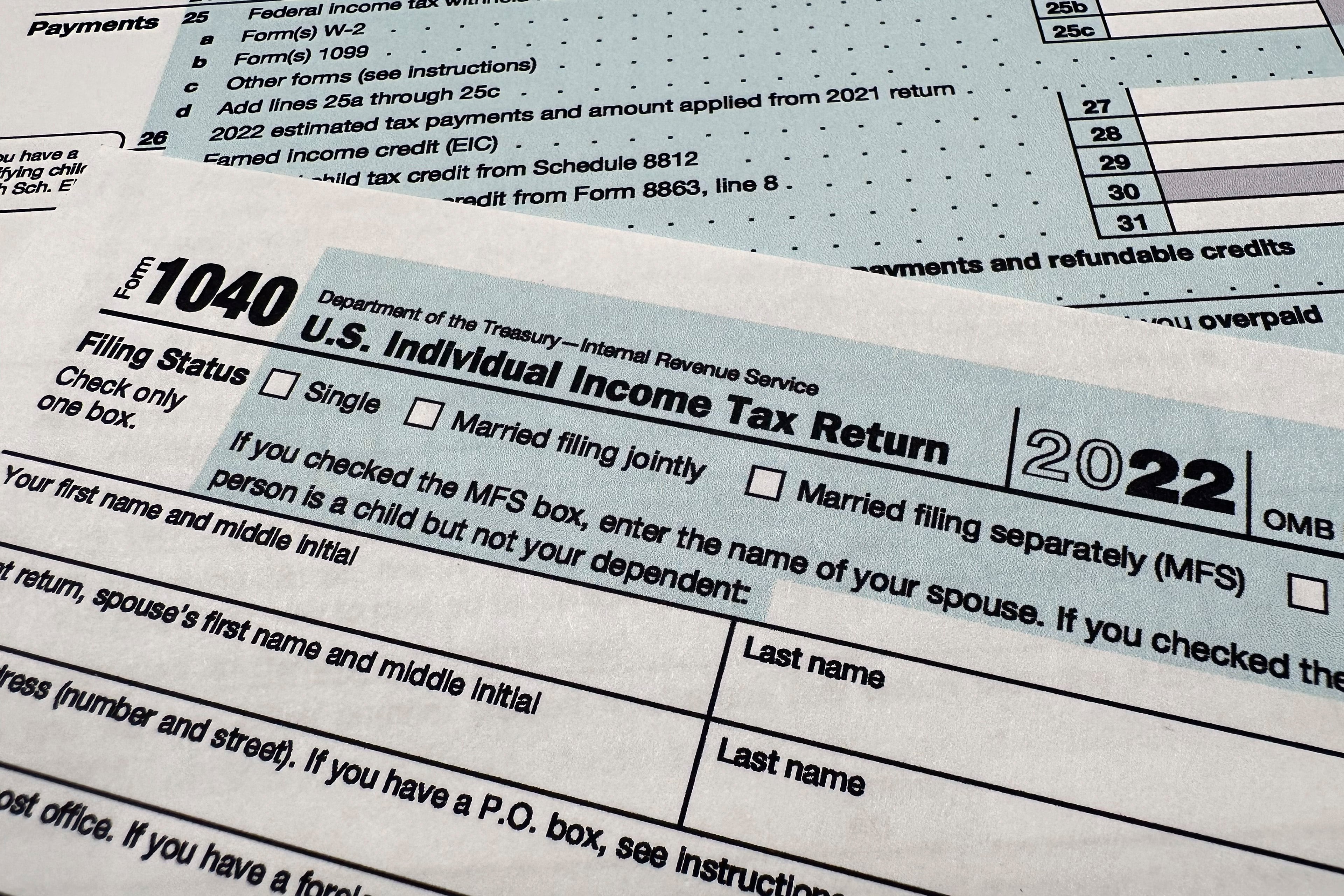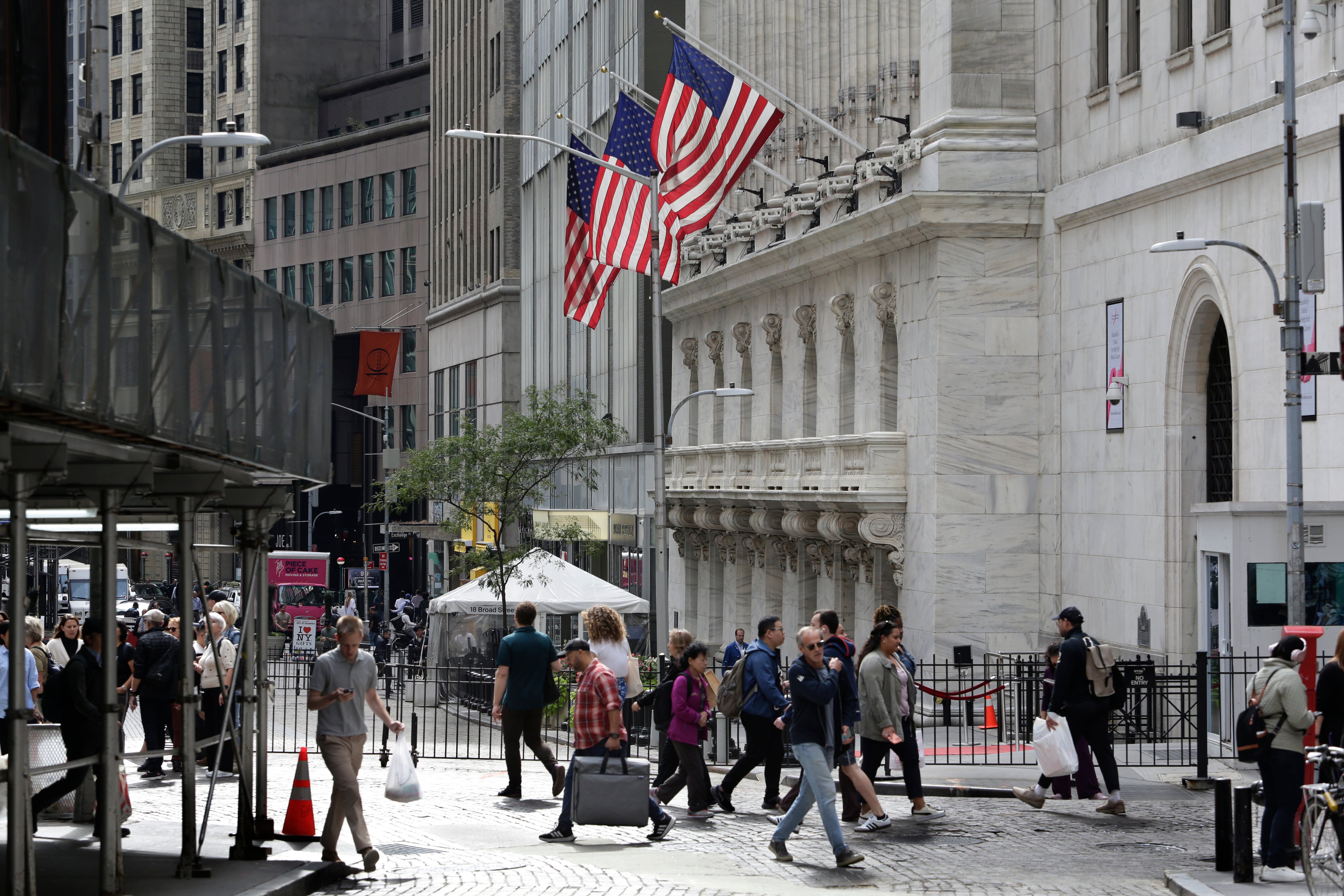By Stan Choe
Stocks are drifting Monday in their first trading since a big rally for Wall Street hit its first roadblock in six weeks.
The S&P 500 was 0.2% higher in morning trading. It’s still close to its highest level in a year, reached a couple weeks ago. The Dow Jones Industrial Average was down 11 points, or less than 0.1%, at 33,716, as of 10:20 a.m. Eastern time, while the Nasdaq composite was 0.4% higher.
Electric vehicle maker Lucid Group jumped 12.4% after announcing a deal where it would provide powertrain and battery systems to Aston Martin. PacWest Bancorp, one of the banks Wall Street has punished in its hunt for the system's next potential weak link, rose 6.4% after it sold a portfolio of loans to strengthen its cash position.
Carnival, meanwhile, fell 8.5% despite reporting stronger results and revenue for its latest quarter than expected. Its forecasted ranges for earnings per share, occupancy levels and other measures in the current quarter may have disappointed some investors.
Trading was mostly quiet in financial markets around the world as the fundamental question remains the same, and unanswered for investors: Will the economy be able to avoid a painful recession after central banks around the world hiked interest rates at a blistering pace to get inflation under control?
Adding to the uncertainty was a short-lived armed rebellion in Russia over the weekend. The war in Ukraine has already helped push upward on inflation around the world, but investors mostly looked past the brief mutiny by mercenary soldiers.
Crude oil prices were holding relatively steady, unlike the first days of the war in Ukraine when they soared immediately. A barrel of U.S. crude rose 0.4% to $69.47. Brent crude, the international standard, added 0.4% to $74.31.
This upcoming week does not have many economic or earnings reports that can help answer investors’ main question. A report on Friday will show how the Federal Reserve’s preferred measure of inflation behaved in May, but data already arrived earlier this month on prices at the consumer and wholesale levels.
More emphasis will be on June’s inflation data, which will arrive next month. Also upcoming is the next monthly jobs report, which will arrive in two Fridays.
For now, traders are betting those reports will push the Fed to raise rates by a quarter of a percentage point at its next meeting, which runs July 25-26, according to data from CME Group. The Fed has been hiking its key overnight interest at a breakneck pace since early last year, though it refrained from making a move last month. More importantly, much of Wall Street expects a hike next month to be the final one of this cycle.
The Fed, meanwhile, has suggested it could raise rates twice more because inflation remains stubbornly high even if it has come down from its peak last summer. The difference in expectations is minor, but each successive hike could mean a much bigger impact on the economy than the last.
High rates undercut inflation by applying the brakes to the entire economy, and they raise the risk of a recession if they stay too high, too long.
High rates have already helped cause several U.S. banks to fail, rattling confidence in the system. The manufacturing industry has also been contracting for months, and analysts say they don’t know what could break next in the economy under the weight of much higher rates.
“We have a slowing U.S. economy, a slowing global economy, all with on-going extreme inflation and high and going higher interest rate levels,” said Clifford Bennett, chief economist at ACY Securities. “There is no bullish stock market scenario here.”
That’s even though the S&P 500 has climbed more than 20% since mid-October. That means Wall Street, by one definition, has moved into a “bull market,” which is what traders call a long-term upward run for stocks.
Last week, though, the S&P 500 had its first losing week in six after Fed Chair Jerome Powell reiterated that the fight against inflation is still not done and several central banks around the world cranked rates higher.
Many critics also said the stock market was due for a breather after rising so far, so quickly as the economy has been able to avoid a recession so far, largely because of a remarkably solid job market.
In the bond market, the yield on the 10-year Treasury fell to 3.72% from 3.74% late Friday. It helps set rates for mortgages and other important loans.
The two-year yield, which moves more on expectations for the Fed, was holding steady at 4.75%.
In stock markets abroad, indexes were mixed in Europe. Stocks in Shanghai fell 1.5%, but indexes moved more modestly elsewhere in Asia.
AP Business Writers Yuri Kageyama and Matt Ott contributed.











